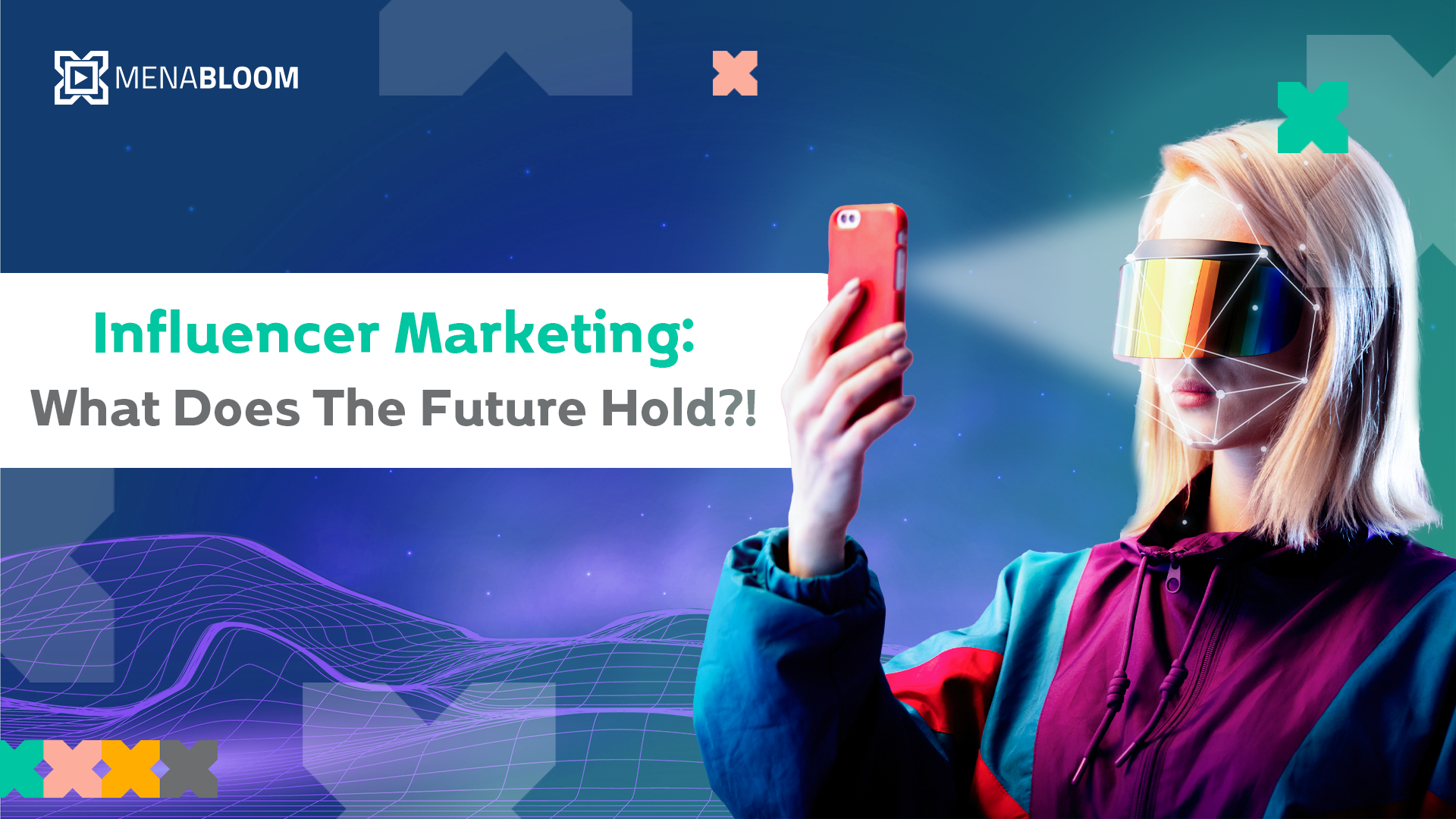Over the past few years, influencer marketing has emerged as a potent strategy for diverse businesses to engage with their target audiences. As the creator economy flourishes and undergoes transformations, it’s expected that influencer marketing will play an even more significant role in shaping the future dynamics of relationships between brands and consumers, particularly in the next 5 years.
Influencer marketing is rapidly gaining worldwide popularity, projected to reach $22.2 billion by 2025, more than doubling the 2020 figure of $9.7 billion, according to Statista. Let’s go through 4 predictions about the future of the influencer marketing industry to know what this industry will look like in the upcoming years.
1- Incorporation of CGI Influencers & AI

AI-driven platforms will revolutionize influencer marketing by analyzing data. These solutions enhance content creation by optimizing processes and ensuring the right audience engages with campaigns for maximum impact.
Also, the upcoming years will witness a significant rise in CGI influencers. These digital influencers are created using AI and computer-generated imagery to have more control over the advertising process with accurate predictions.
2- Micro-Influencers Dominance

Micro-influencers will rule the future of influencer marketing. Unlike popular influencers who have a huge following on social media, they offer affordability over popular influencers, and that will cause a rise in micro-influencer campaigns.
Brands recognized that, understanding the impact of genuine connections and higher engagement from micro-influencers who prioritize personal bonds with their audience, unlike influencers who resort to buying fake followers.
3- AR & VR High Integration

Augmented Reality (AR) and Virtual Reality (VR) are poised to enhance audience engagement through immersive and interactive experiences, especially in fashion, beauty, and retail, which will boost the appeal and tangibility of online shopping.
In the following days, influencers will harness these capabilities to present products in real-time settings, enabling audiences to virtually visualize and interact with them, thereby elevating engagement and boosting conversion potential.
4- Restricted Regulations

The unethical actions in influencer marketing have caused a bad image in recent times, so in the future, influencer marketing will focus more on keeping consumers’ trust levels high through stricter guidelines to increase transparency.
So, most countries issued guidelines, making it mandatory for influencers to disclose their relationships with brands. When an influencer receives a product for free or if they are writing a #paid or #sponsored review, they need to disclose it.
Finally, in an era of growing digital connectivity, influencer marketing will persist as a crucial strategy, facilitating genuine connections and fueling business expansion. Brands must embrace the opportunities within the creator economy and remain adaptable to emerging trends to thrive in this dynamic landscape.
Excited about networking with over 200 influencers across the GCC in various fields?
Explore our diversified range of influencer marketing services; contact us to learn more about them.

